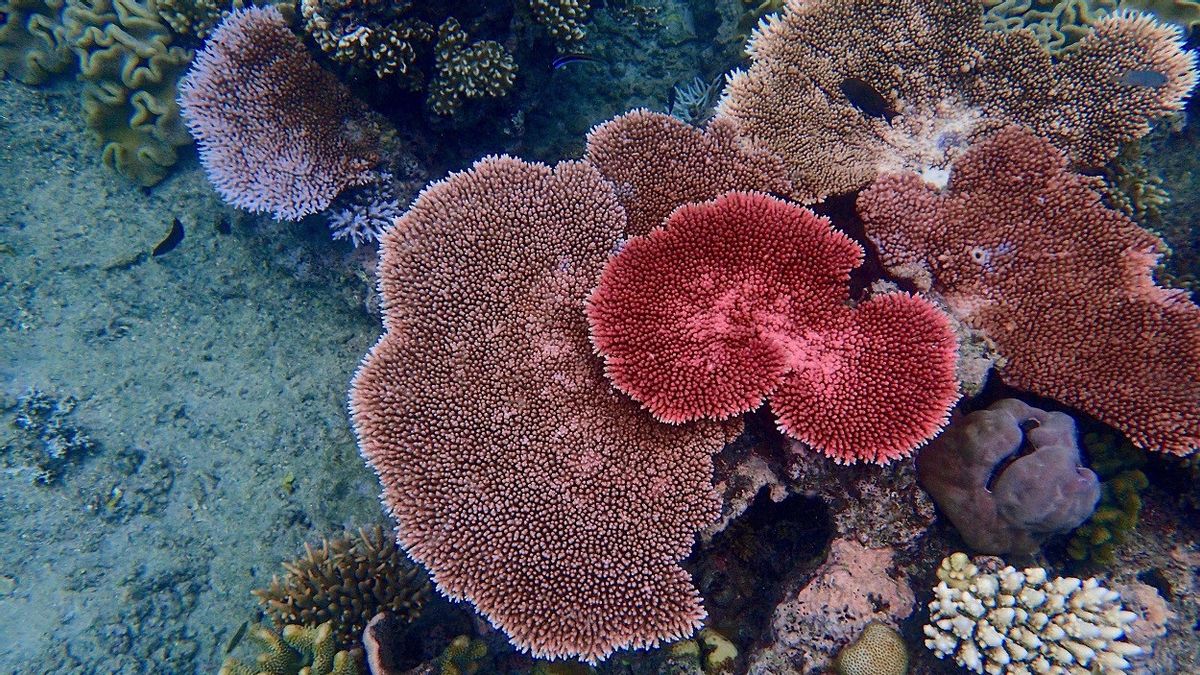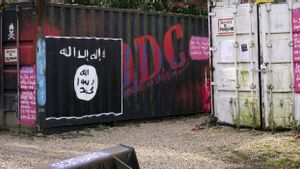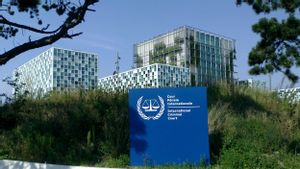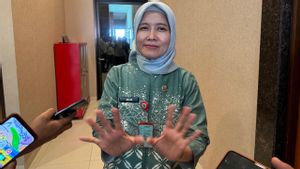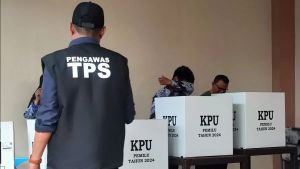JAKARTA - Australian scientists have found a model that will help researchers quickly identify soft corals most vulnerable to bleaching from ocean heat waves, helping to prioritize resources to conserve reefs.
Coral bleaching has hit many coral reefs around the world, including Australia's Great Barrier Reef, which has been hit by four mass bleaching events in the past seven years.
Marine biologist Rosie Steinberg said her research found one type of soft coral was healthier during heat waves and produced more algal cells than during normal temperatures.
Hard corals are the main reef-building corals, while soft corals, which resemble underwater plants or trees, do not have a hard exoskeleton. Soft corals are often under-researched because they do not form reefs, even though they exist in reef ecosystems.
"If you try to protect everything at once, you're going to run out of money in 10 seconds", Steinberg told Reuters from his lab at the University of New South Wales (UNSW) on June 16.
"So you need to know the specifics, yes this is a species that we need to protect, this is a species that is going to be okay no matter what we do."
Steinberg grinds frozen, wet samples of soft coral to make a puree, which is passed through a centrifuge that separates the algal cells from the coral protein.
Researchers were then able to look at the amount of protein, algae cells, and chlorophyll, all of which are indicators of coral health.
SEE ALSO:
Soft corals take more time to bleach than hard corals but can be 'catastrophic' when they are affected, said Steinberg, who co-developed the method with the Sydney Institute of Marine Science, Ruhr-University Bochum, and Macquarie University.
Waters off Australia's northeast coast are facing more frequent and severe ocean heatwaves, environmental group the Climate Council said this year, after sea surface temperatures rose to about 2-4 degrees Celsius above average.
The English, Chinese, Japanese, Arabic, and French versions are automatically generated by the AI. So there may still be inaccuracies in translating, please always see Indonesian as our main language. (system supported by DigitalSiber.id)
